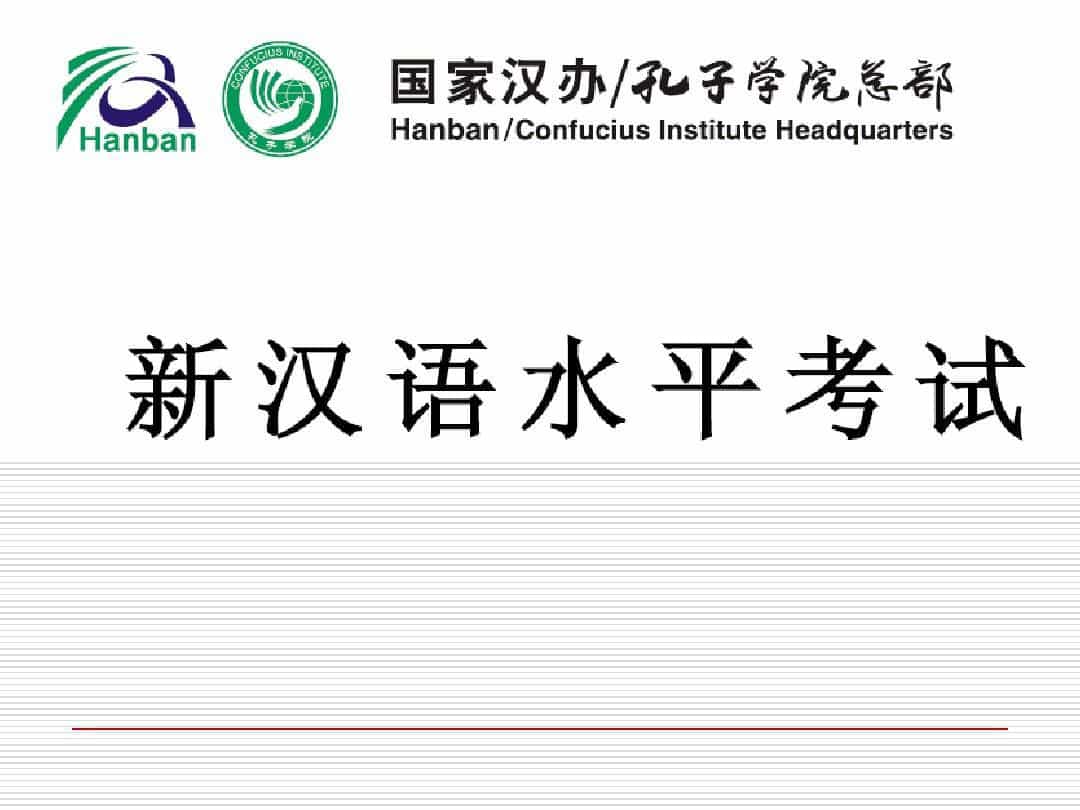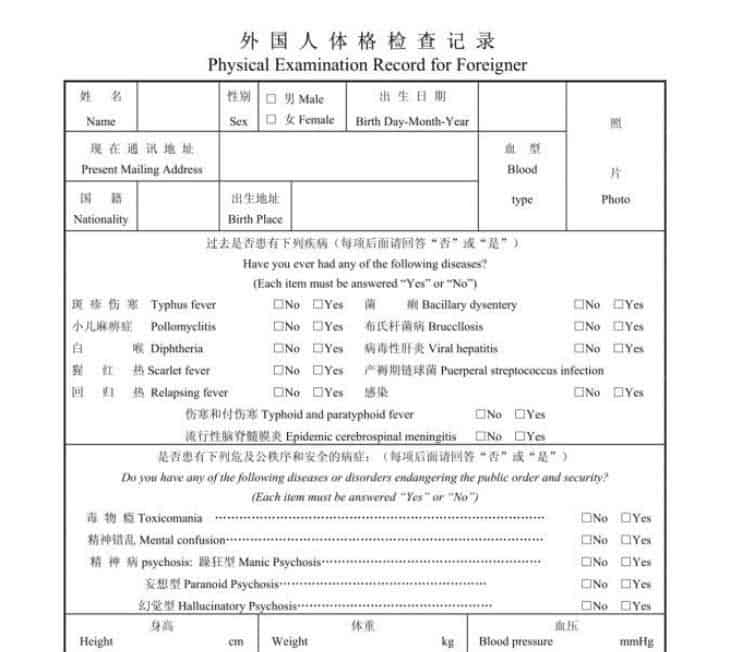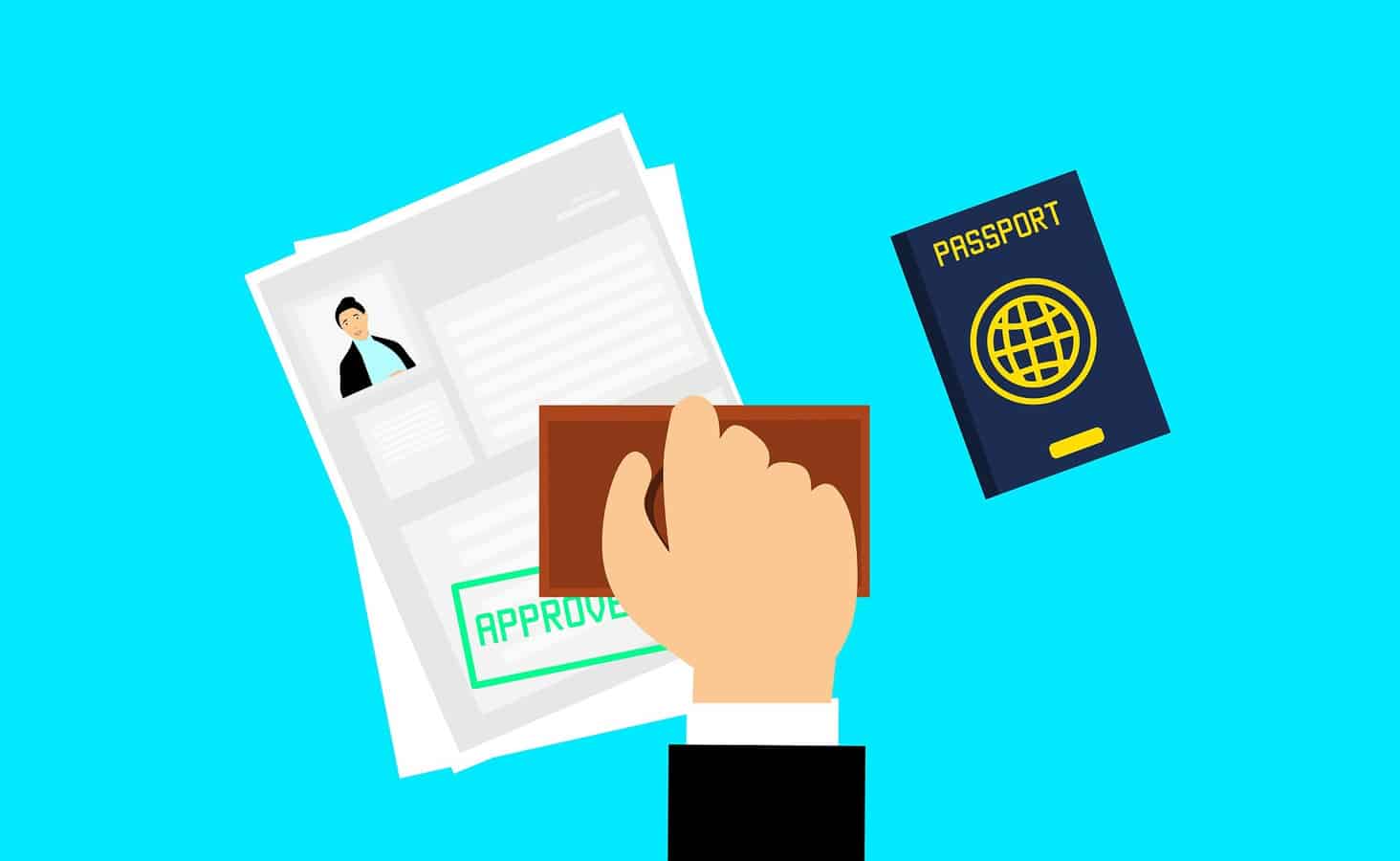10 Things to Prepare Before Studying in China
Submitted by Advertiser KiasuParent
So you have decided to pursue further studies in China. Congratulations – it will be an exciting and culturally rich experience.
But before you hop on the plane and open a new chapter in your academic career, what preparations do you need to make? From insurance to tuition fees, read on to find out more.
#1 HSK test

The HSK test is a standardised examination that assesses your ability to understand the Chinese language. It measures four key components of your language proficiency: reading, writing, listening and speaking.
Most degree programmes taught in China require HSK 4 or above. If you need help in preparing for the test, Singapore Success Stories offers Mandarin proficiency classes for individuals at all levels. We are also the first and only consultancy in Singapore working through the China Education Association for International Exchange to assist students with their university applications.
#2 Medical report

A medical examination is required for the application of the student visa (for some universities) and the Residence Permit.
Most students do the examination in their home country. However, it is important that you bring the original medical documents with you when you travel to China, otherwise you will have to re-do the medical examination in China.
Do note that the medical examination must be completed within six months of applying for your student visa or Residence Permit, otherwise the medical report will no longer be valid.
#3 Visa and residence permit

All foreign students have to apply for the X1 visa, a student visa which allows entry into China. The process typically takes 2 weeks, so it is wise to start the application process at your local Chinese embassy early to ensure there is sufficient time before you travel.
The other official document that is required to allow you to exit and re-enter the country throughout your course duration is the Residence Permit. Many institutions help to facilitate the application, so it is best to check the details with your institution’s admissions office.
#4 Insurance

The Ministry of Education of China requires all foreign students to purchase insurance to cover their health needs while studying in China.
Most institutions recommend that their international students purchase the foreign students overall insurance plan, so it is best to check with your school’s admission office on the requirements.
#5 Tuition fees
 Tuition fees vary from university to university but the range is generally between S$5,000 and S$24,000 a year.
Tuition fees vary from university to university but the range is generally between S$5,000 and S$24,000 a year.
Most universities allow students to pay the fees in person when they register at the school. If you pay in advance via bank transfer, it is best to bring the transaction receipt with you.
Some universities only accept tuition payment in cash in RMB so you may wish to check on the payment options before registering.
#6 Scholarships

There are various scholarships on offer by the Chinese government, Chinese universities, as well as corporations. These are aimed at encouraging students all over the world to study in China. According to student.com, China offered over 40,000 scholarships to international students in 2015, marking a near five-fold increase in the number of scholarships given out in the last 10 years.
Singapore Success Stories can assist interested students in selecting and applying for Chinese scholarships with high chances of success. Should you be keen to apply for a scholarship, please do not hesitate to contact us.
#7 Things to pack

As China is a vast country, and each city’s climate differs, it Is best check the average temperatures of the city you will be based in, and to pack your clothing accordingly. Remember to bring with you all essential medication, such as medicine for coughs and colds, and inhalers for respiratory issues.
As China is still a largely cash-based society despite significant advancements in cashless technologies, It is also advisable to carry some RMB with you to pay for daily expenses such as food, transport, and other necessities.
#8 WeChat

WeChat is China’s version of WhatsApp, Facebook, and Paypal (and more) rolled into one. It is also known as China’s app for everything. To create your WeChat account, you’ll need an email address and login password. After that, you can go ahead to create your profile and add friends.
We recommend that you download and install the application in within China’s boundaries to fully unlock the full spectrum of WeChat’s extensive functions.
#9 Taobao

Taobao is China’s answer to Amazon and online shopping. However, before you start your online spree, it is best to read and get some starter tips on how to identify trustworthy merchants, research and find the best buys. It can be a bit confusing as the information is most clearly presented in Chinese, but once you get the hang of it, you can shop to your heart’s content.
#10 An open mind

Most importantly, students should bring with them an open mind and heart to learn new ways of seeing the world, with a fresh pair of Chinese lenses.
Then you will be in the best position to reap the full benefits of a cross-cultural experience and international connections that an overseas education brings.
Singapore Success Stories has been helping Singaporean students gain placement in universities and educational institutions abroad successfully. We offer a holistic approach that covers pre-programme preparation, applications, test preparation, and post-acceptance academic support. We also enjoy strong working relationships with over 300 educational institutions in China.
If you’re keen to find out more about pursuing further studies in China, click HERE now!
